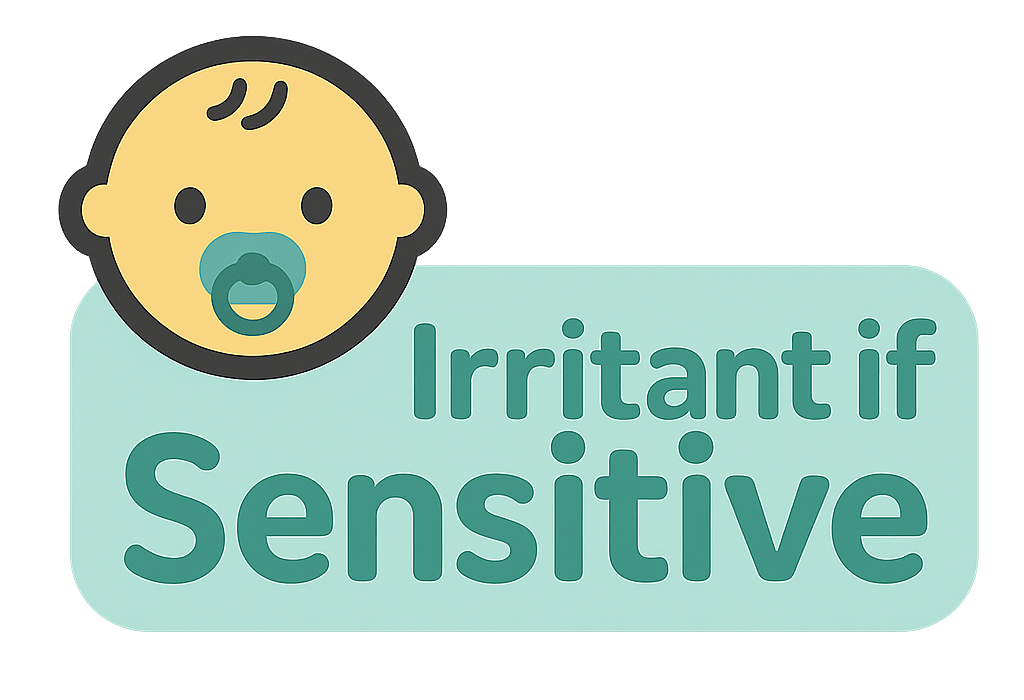Check for Different Age (6 available)
Is this safe for adults to use Linalool?
ℹ️General Overview
For adults (including teens and young adults): linalool is commonly used to add scent and many people use it without problems. The main issue is that it can cause skin allergy or irritation in some people, especially if the product is old or has been exposed to air.
✅What to Do
If you're an adult planning to use a product with linalool: do a small patch test (rub a little on the inside of your forearm and wait 24–48 hours). If you have sensitive skin or known fragrance allergies, choose fragrance-free or clearly labeled linalool-free products. Store scented products tightly closed and replace old perfumes or oils that smell off. Check ingredient lists for “linalool” or generic “fragrance” if you want to avoid it.
⚠️Warnings
Watch for redness, itching, bumps, swelling, or worsening skin — stop use and see a doctor if these happen. Regulatory lists note linalool as a skin allergen (European cosmetic rules list it as an allergen and require labeling) and national reviews find strong evidence it can cause allergic reactions. There are also some contamination reports naming formaldehyde in certain sources; if you see formaldehyde or formaldehyde-releasers on a product label and you are concerned, avoid that product.
Are you holding the product?
Scan the full ingredient label and understand if it's safe for your child.
Safety Risk Labels
This ingredient has the following documented risks:




Tap or hover over labels to see detailed risk information.
Alternative Names for Linalool
This ingredient may also be listed as:
Always check ingredient labels carefully, as ingredients may be listed under different names.
Products Containing Linalool
This ingredient is found in the following products:
This list shows products that contain Linalool or its alternative names.
Research Articles on Linalool
Scientific research related to this ingredient:
These research articles provide scientific evidence about Linalool safety and effects.
Common Questions About Linalool
Is this safe for adults to use Linalool?
Use caution with Linalool for adults. Some safety concerns have been identified.
What are the immune system risks of Linalool for adults?
Could weaken or confuse immune system.
What are the irritant risks of Linalool for adults?
Can cause skin redness, itchiness, or rashes—especially on sensitive baby skin.
What are the eczema risks of Linalool for adults?
Linked to triggering or worsening eczema and similar skin conditions.
What are the cancer risks of Linalool for adults?
Connected to cancer risk with long-term or repeated exposure.
What products contain Linalool?
Linalool is commonly found in skincare products, cosmetics, and topical applications. Always check ingredient labels before use.
When can adults using products with Linalool?
The appropriate age depends on the specific ingredient properties and concentration. This analysis is for adults. Use the age selector above to check other ages.
Want to scan another product?
Use our camera scanner to analyze more ingredient labels
Scan Another Product